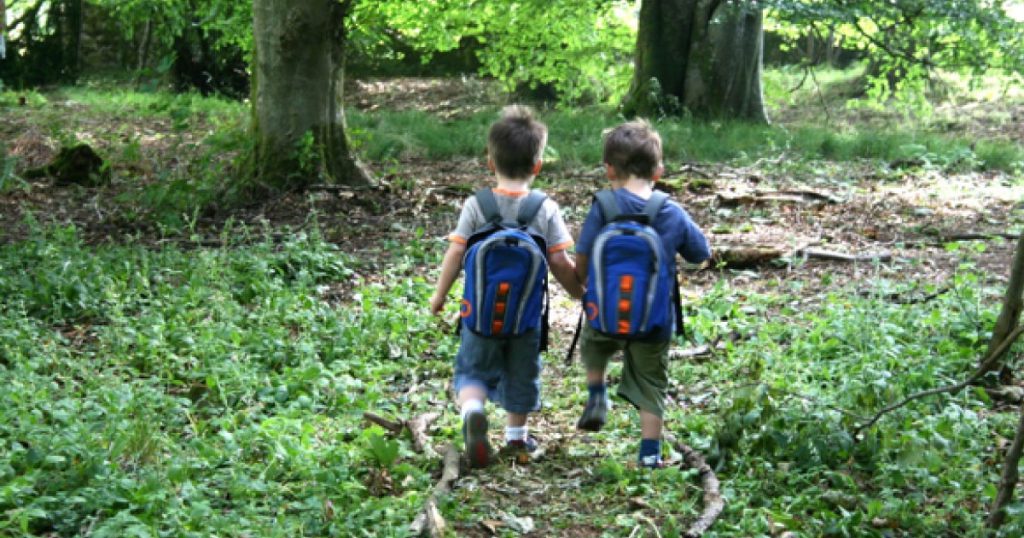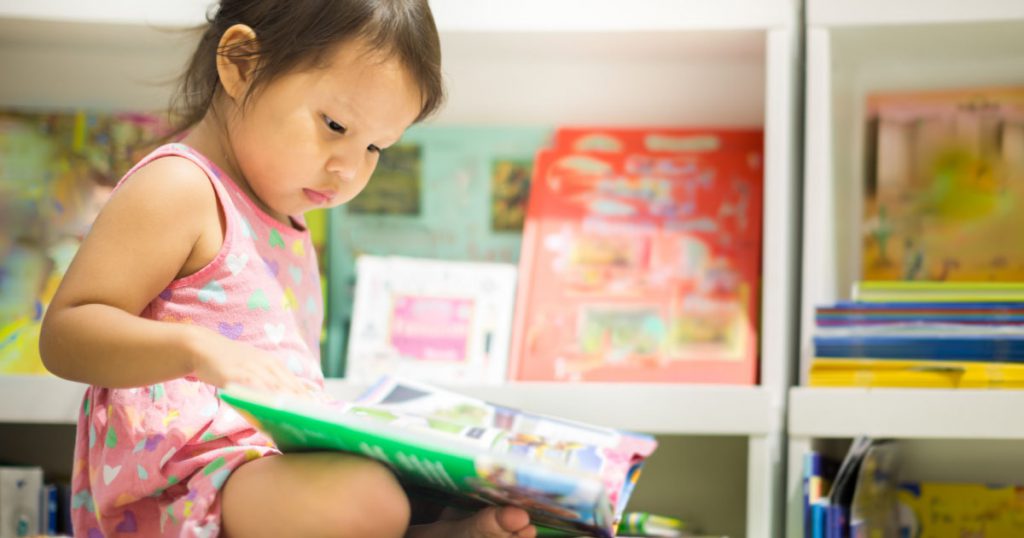
The Organisation for Economic Co-operation and Development (OECD) is an international organisation that works to build better policies for better lives. It recently released the latest edition of the Education at a Glance report, which provides a global perspective on education and includes information specifically about early childhood education and care (ECEC).
What does the OECD do?
Member and partner countries, including Australia, contribute data to inform OECD’s work in establishing evidence-based international standards. Topics include economy, migration, education, public governance, health, employment, digital and many others.
The OECD’s work on education helps individuals and nations identify and develop the knowledge and skills that drive better jobs and better lives, generate prosperity and promote social inclusion.
What is Education at a Glance?
Education at a Glance is a report released annually. It is an authoritative source of information on the state of education worldwide and provides data on structure, finance and performance across countries. It provides information on who participates in education, what is spent on it, how systems operate and the results achieved.
The report also tracks ECEC access (including equity and barriers), expenditure, funding, enrolment and staffing data.
You can watch a webinar to hear Andreas Schleicher, OECD’s Director for Education and Skills, talk about Education at a Glance.
What are the ECEC findings of the 2021 report?
This year, OECD looked at equity of access to education at all levels: early childhood, primary, secondary and tertiary. The impact of COVID-19 was also a focus this year, as education has been seriously disrupted and will continue to be for some time. Though, most countries prioritised younger years staying in education.
Here are some of the highlights on ECEC:
- There is an increasing awareness of the key role that early childhood education and care (ECEC) plays in children’s cognitive and emotional development, learning and well-being. Children who start strong are more likely to have better education outcomes when they grow older. This is particularly true for children from disadvantaged socio-economic backgrounds, because they often have fewer opportunities to develop these abilities in their home-learning environments.
- On average across OECD countries, around 95% of boys and girls are enrolled in early childhood education and care one year before the official primary school entry age (SDG Indicator 4.2.2). Although participation in ECEC is similar for boys and girls, ensuring equity in access to ECEC can remain a challenge when it comes to socio-economic background.
- More children under the age of 3 are enrolling in early childhood education and care. The share has risen from 22% in 2015 to 25% in 2019 on average across OECD countries.
- The global COVID-19 pandemic has severely impacted the delivery of ECEC services as settings around the world closed down to contain the spread of the virus. Education has been seriously disrupted and will continue to be for some time. Most countries prioritised younger years staying in education.
Here are some highlights specific to Australia:
- Australia’s ECEC enrolments of children under the age of 3 in 2019 were 41%. The OECD average was 24.9%.
- In the year before official primary school age, 83.1% of girls and 83.8% of boys participated in organised learning in Australia (2019). The OECD average is around 95%.
- Australia spends only 0.3% or less of its gross domestic product (GDP) on early education compared to the average of 0.9% across other OECD countries.
In Chapter B of the report, ‘Access to education, participation and progress’, Indicator B2 has more details on how early childhood systems differ around the world (p. 158).
Why is this report important?
OECD provides data and evidence that supports ECEC advocacy in Australia by allowing us to compare investment and processes around the world. The report also details the performance and outcomes of various education approaches that can inform policy positions.
International perspectives strengthen the call for increased investment in ECEC and universal preschool for three- and four-year-olds by highlighting the importance of starting education early to prepare children for lifelong learning.
The report also details the need to ensure equitable access to high-quality ECEC and considers equity issues such as affordability, parents’ employment, socio-economic status and disadvantage—an ongoing challenge for Australia’s ECEC system.
Where can I find more information about the report?
- Download the full report: OECD Education at a Glance 2021
- Visit the OECDiLibrary to access Education at a Glance 2021 (and previous editions)
- Watch the OECD Education Webinar about the findings from Education at a Glance 2021, presented by Andreas Schleicher, OECD’s Director for Education and Skills
- Follow OECD Education on Twitter: @OECDEduSkills


